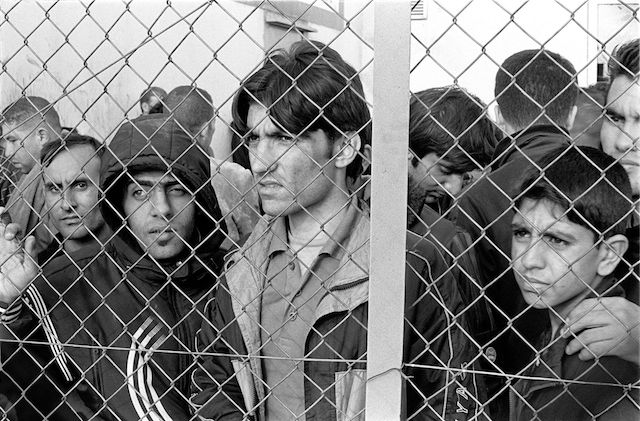
I often come across homeless people who have not lived their lives all that differently from myself—the main difference being that I have had the privilege of being brought up in a family that could help me out at key junctures and catch me when I fall.
I often come across people from poverty stricken autocracies, who have suffered unimaginable hardships for speaking their minds—much as I do in my writings—with the only difference being that my legal system and civil society protect me from political persecution.
I often come across people who have applied themselves with the same discipline and vigor as I have applied to meeting my goals and achieving my dreams but lacked the same education and opportunities and have therefore fallen flat.
With great privilege comes great responsibility. And one of the greatest responsibilities involves making our privileges known so that those who do not enjoy them can see clearly that equal efforts and capacities do not always yield equal results.
Masking financial and political privilege assaults the dignity of the poor and marginalized, for it suggests they have failed in life—when really it is often only their fellow citizens and political leaders who have failed to provide them the opportunities they deserve.
Philosophers call those unalterable circumstances into which we have been born the “accidents of birth,” sometimes comparing birth itself to a lottery in which some win big and others lose. Some of us are born white, some black, some rich, some poor. Some are born short, some extroverted, some mentally challenged, some into communities of uneducated country bumpkins.
It is not always easy to tell which accidents of birth will benefit us most in life. The genocide victims of one generation are often the most successful minorities of another—and many can make much of a bad situation. So, the postulation of primordial social ranking systems will probably always be doomed to failure.
Moreover, if the history of discrimination has taught us anything, it is that newly recognized minorities tend to discriminate against other groups whose rights are yet unrecognized. Thus, German-Americans discriminated against Irish-Americans, Italian-Americans against Jews, African-Americans against Hispanics, and on and on.
So, we should not get too hung up some particular set of privileges, like whiteness, which may not yield the same advantages over the course of a long life in which demographics and social attitudes cannot help but change.
But if we are honest with ourselves, it is quite easy to recognize our privileges. They lie in our skin color and the financial advantages of familial wealth. But they can also often be found in our personality styles, our heights, our mental capacities, our countries of birth, and the cheeriness or gloominess of our dispositions.
Life is not fair, but we can make it fairer, and doing so starts with recognizing our privileges and thinking systemically about how others might enjoy them as well. In so doing, we might be led to service or activism, writing or political philosophy.
And in being led to improve the lives of others, we come to see ourselves as their equals. In so doing, we feel ourselves united with all of humanity. It may not give to us the same peace of mind as spiritual practices like meditation and prayer, nor yield the same momentary sense of empathy, but neither does it lead to narcissistic withdrawal from the world and self-centeredness.
And if we examine our privileges long enough to get past the senseless guilt, recognizing them often results in an overwhelming sense of gratitude for all we have been granted.
There are many paths to the good life, and at some point, grasping for that last increment of greater personal happiness starts to look as meaningless as building skyscrapers and running for president to show the world you are a winner.
We can thrive while working to improve the lives of others and are probably more likely to flourish when we stand in solidarity with them to make life better for everyone—so much the better if we complement our advocacy and service with therapeutic work and contemplative practice.
Perhaps the greatest privilege of all is to be born into circumstances in which we find ourselves so well-resourced that we are willing and able to give back to others all that we have been given.
~
If you liked this article, please check out my book, Convergence: The Globalization of Mind, and join the dialogue on Facebook.
~
~
~
Author: Theo Horesh
Image: Flickr/Frode Ramone
Editor: Travis May
Copy Editor: Callie Rushton
Social Editor: Waylon Lewis








Read 1 comment and reply